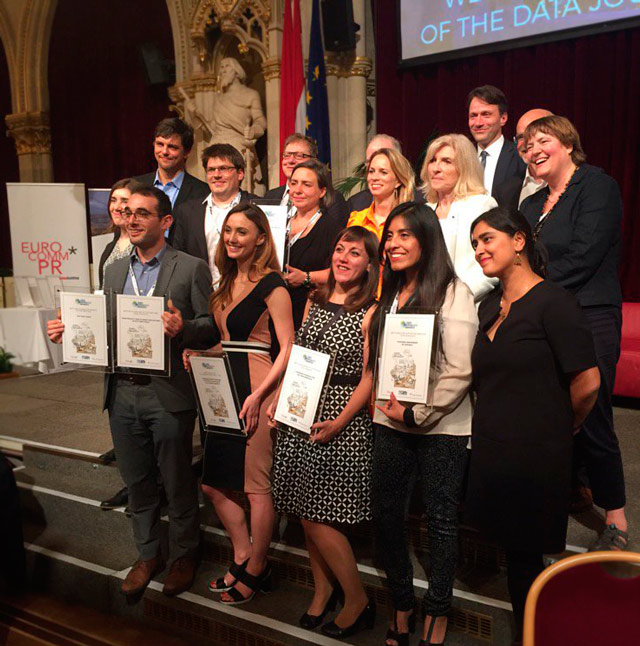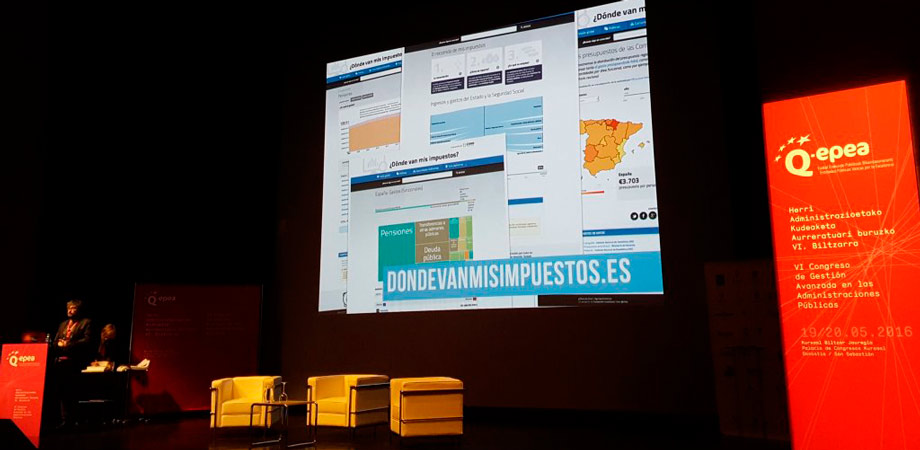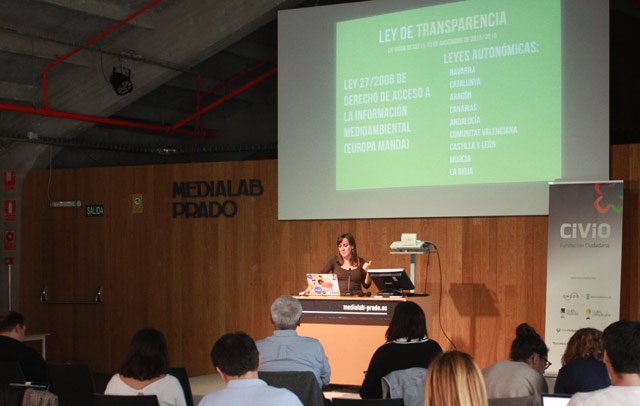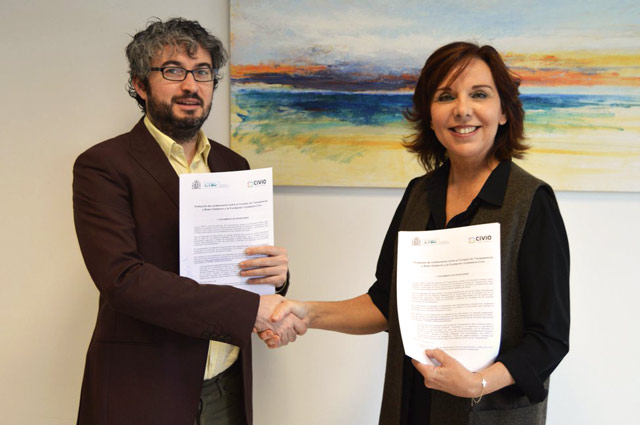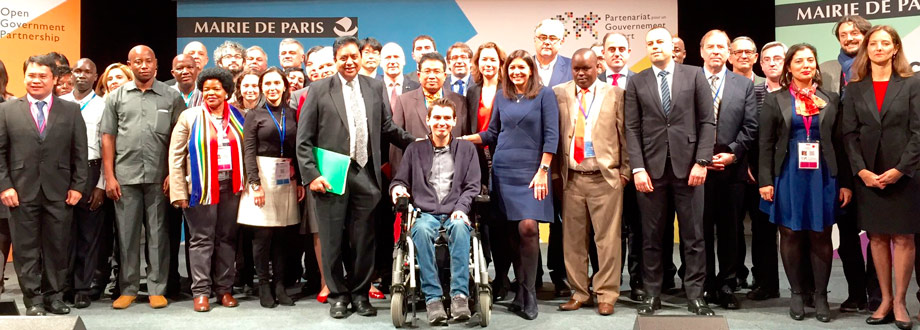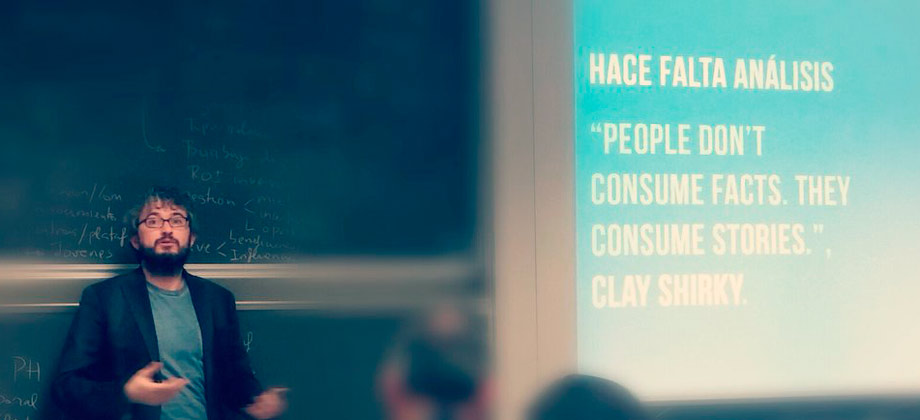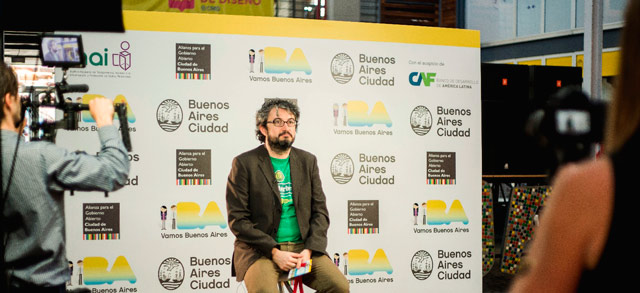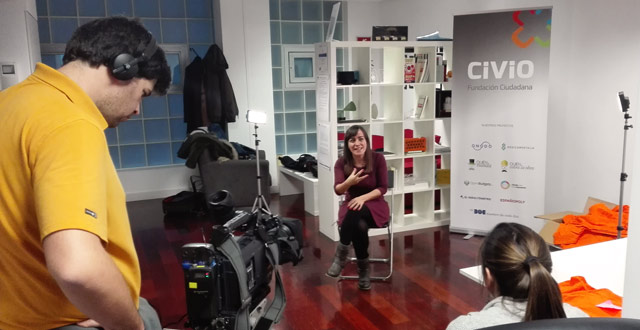New Projects
This is our first investigation (but it won't be the last...) into public procurement. The initial launch was planned for the end of 2015 however due to the difficulty of obtaining and analyzing relevant data, this was postponed significantly. This project has seen us analyzing, for the first time, the contracts awarded for public works via the State’s Official Gazette (Boletín Oficial del Estado or BOE in Spanish) between 2009 and 2015. In the face of numerous difficulties and obstacles placed by governing bodies in accessing key data, this journalistic investigation has been able to reveal detailed information about 8,058 contracts, which total €38,828,000,000 and has identified which construction companies receive more contracts and from whom. We have been able to shed light on this critical area, a nucleus of corruption cases connected to urban planning and the illegal financing of political parties in Spain.
The project's website grants access to detailed information about 8,058 construction contracts published in the BOE and awarded to 2,489 construction groups. Following analysis of the data, we were able to reveal that 7 out of every 10 euros in contracts for public works awarded from 2009 onwards vía the BOE went into the coffers of just 10 large construction companies. We also presented a snapshot of public works in Spain along with a photo gallery of the so-called “superobras” or large-scale projects, and their current status.
The project is also accompanied by a set of training materials, the result of everything we've learnt throughout our dissection of Spanish public procurement. From now onward, we are following new lines of investigation and advocacy, which will be carried out throughout 2017 and beyond. Shortly after publishing this report, we learned that the reform of the Public Sector Contracts Act (LCSP in Spanish) was to be urgently drawn up, without passing through the Congress Plenary. Since then, we have been meeting with the main parliamentary groups to request amendments of some very specific aspects of this law, and we plan to keep up the pressure. Any changes we achieve in improving transparency and promoting independent control in this area will have a direct impact on the general public. The full report including our proposals, is available here.
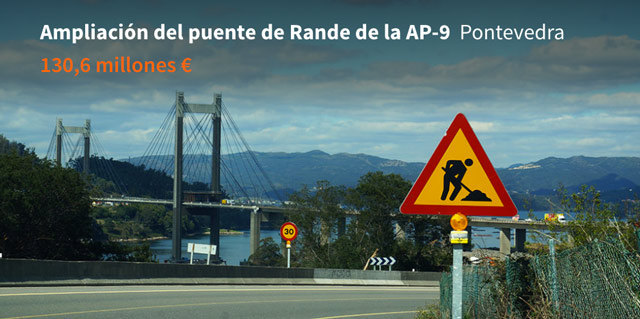
¿Quién cobra la obra? was mentioned 24 times in the media over the last two months of 2016. 12,100 unique users consulted our contracts database and read the reports. We also presented the methodologies we used and the difficulties we faced at the Transparency Camp 2016, in Amsterdam. In 2017 we will present new research on public procurement and we will continue to push for improvements to Spanish legislation, bringing it into line with European standards at a minimum.
Goal set out in the 2016 Action Plan:
Open a new line of investigation and advocacy on public procurement.
This is a free and open source tool for the creation of interactive visualizations of networks and nodes, allowing you to tell stories with them. It also facilities the analysis of networks, and requires no technical knowledge whatsoever. If you're interested in journalistic innovation, the visualization of data or tools to communicate complex information in a simple way, Onodo is made for you. A Civio project in collaboration with Eurecat, and funded by the social innovation program CHEST with the support of the 7th Framework Program of the European Commission. The design of its user interface is thanks to La Personnalité,and the visual identity, look and feel of the project were created by The Woork Co.
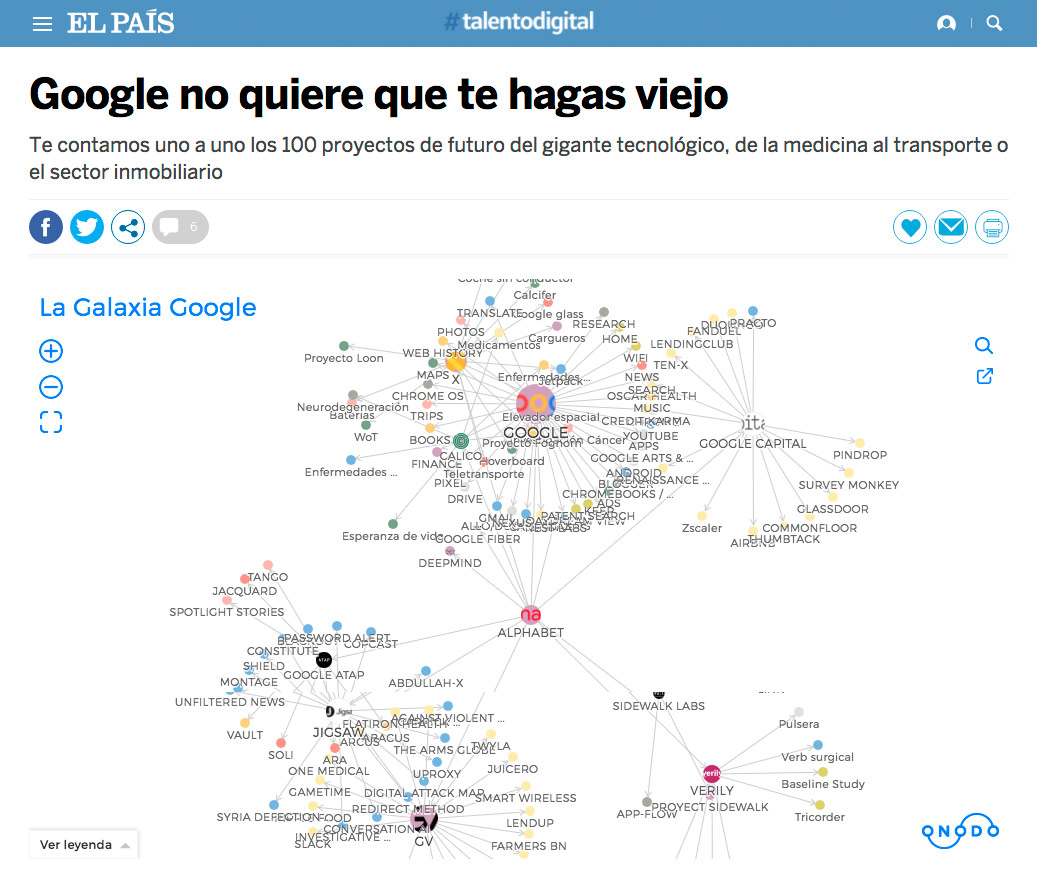
Development of this tool began in March 2015. An alpha version was made available to a small number of users in May 2016 and, at the end of that month, we carried out an initial test run with potential users during the Democracy Lab, a social innovation and activism event organized by D-Cent. Onodo was finally made fully available for public use in July 2016.
Since then, over 2,000 users actively use Onodo including more than 20 media outlets (e.g. El País, Correctiv!, RTVE Lab, eldiario.es or Cinco Días), social, academic and private organizations. In 2016, over 150,000 unique visitors used the tool or checked the visualizations. Onodo has been used to map Brazilian and Ecuadorian political candidates, entities implicated in corruption scandals, to visually explain the decision making processes of the European Union, highlight influences in literary and cultural studies, demonstrate the ownership of Mexican media outlets, the board of directors of the IBEX 35, examples of ‘revolving doors’ in Spain and even to map characters from TV series.
In 2017 we will introduce updates to the tool, including a 'storytelling' mode.
Goal set out in the 2016 Action Plan:
Increase the international reach of our brand and projects.
This is a Europe-wide project to improve transparency in public expenditure and access to budgetary data. Its purpose is to provide journalists, civil society organizations, NGOs , citizens and public entities with the tools, data and stories they need to promote and improve fiscal transparency. It is funded through a grant from the European Commission under the H2020 framework, where Civio participates together with Open Knowledge Internacional, Journalism++, Open Knowledge Greece, Bonn University, Fraunhofer IAIS, Open Knowledge Germany, Transparency International and Vysoka Skola Ekonomicka of Prague.
Our role in OpenBudgets is to develop an open source platform that allows public entities to carry out participatory budget queries and to facilitate their use in a number of pilot projects with local and regional entities. For the development of this prototype, in 2016 we have collaborated with several cities that have carried out participatory budgets (Mexico DF, Chicago, Paris, Madrid and Torrelodones), we consulted numerous experts and we conducted surveys with potential users. The results of our preliminary research are available to the public. The OpenBudgets consortium held meetings in Prague, Thessaloniki and Brussels, the latter being sponsored by the European Commission to evaluate the development of the project, both internally and through independent assessors.
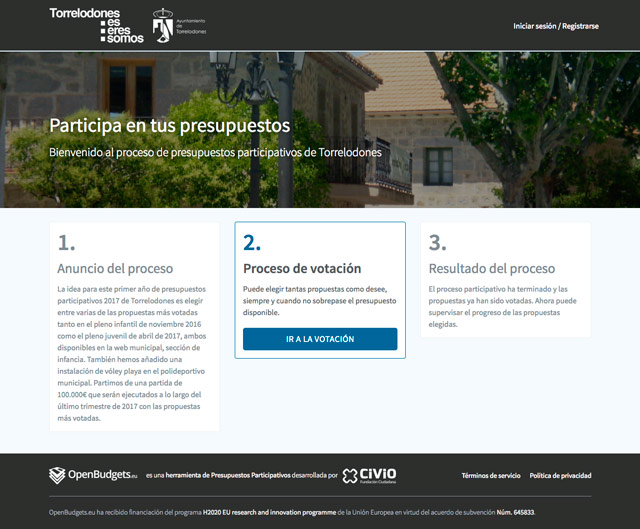
Civio also held a workshop for journalists at the Madrid Press Association (APM) on how to understand the budgets of public bodies, how to find stories within these and, as a case study, how Spanish political parties are funded by public sources.
In November we launched the first prototype of our participatory budgeting tool, which will be one of the components of the OpenBudgets, platform, alongside other fiscal transparency tools and training materials. Since then we have been in discussions with 3 Spanish governing bodies to put these pilot experiments into practice, which will happen in 2017.
Goal set out in the 2016 Action Plan:
Project development and public presentation of operating software for the execution of participatory budgeting consultations.




